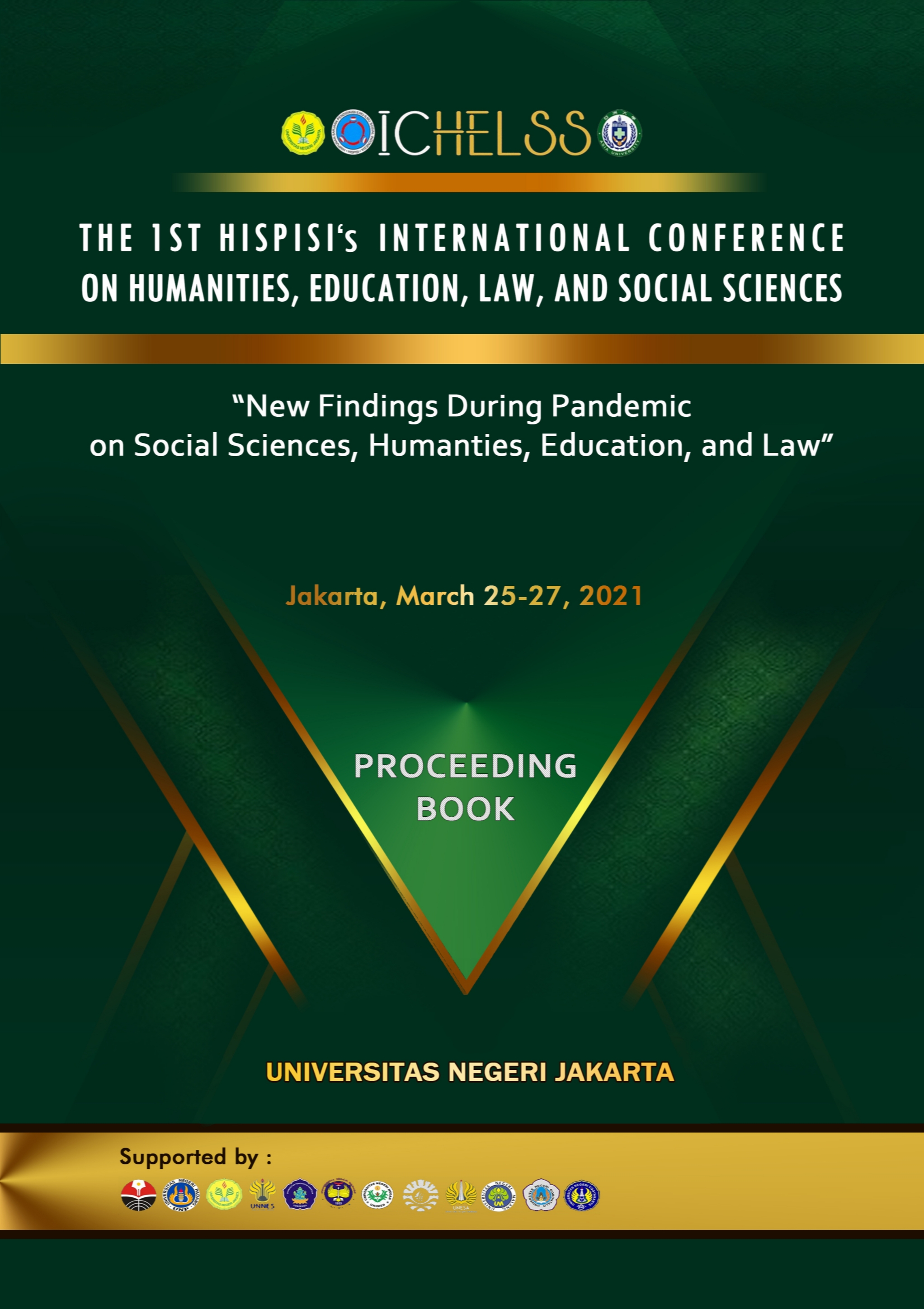Grammatical Equivalence Of The Translation Of The Novel “Laskar Pelangi” By Andrea Hirata Into English Through Google Translate
Abstract
: Translation is important in understanding foreign cultures, including the
ones exposed in novels. This study aims at investigating the grammatical
equivalence of the translation of an Indonesian novel “Laskar Pelangi” by Andrea
Hirata into English through Google Translate, from which the data were collected.
The method was qualitative with content analysis that covered five grammatical
categories of number, gender, person, tense and aspect, and voice. The findings
indicate the following points. Since Indonesian language has no category of
number, most of nouns are translated as singular nouns in English. The third
singular persons in Indonesian language, ‘dia’ and ‘-nya” show no sex, the
translation depends on the context, otherwise it is translated as a male person.
Indonesian words “kami” and “kita” are translated with “we/us”, and the translation
indicates no dimensions of familiarity and formality for the first and second
singular persons “saya, aku” translated by the word “I/me”, and “kau, kamu, anda”
by “you.” Indonesian language has no tense and aspect, where the verbs do not
conjugate to express temporal or aspectual distinctions. It has the equivalence when
the text source is written with time. When the source text is passive, the English
verbs are written in a passive voice. The translation distortion is related to
semantics and grammar. As the conclusion, the grammatical equivalence of the
translation of the novel is low.


